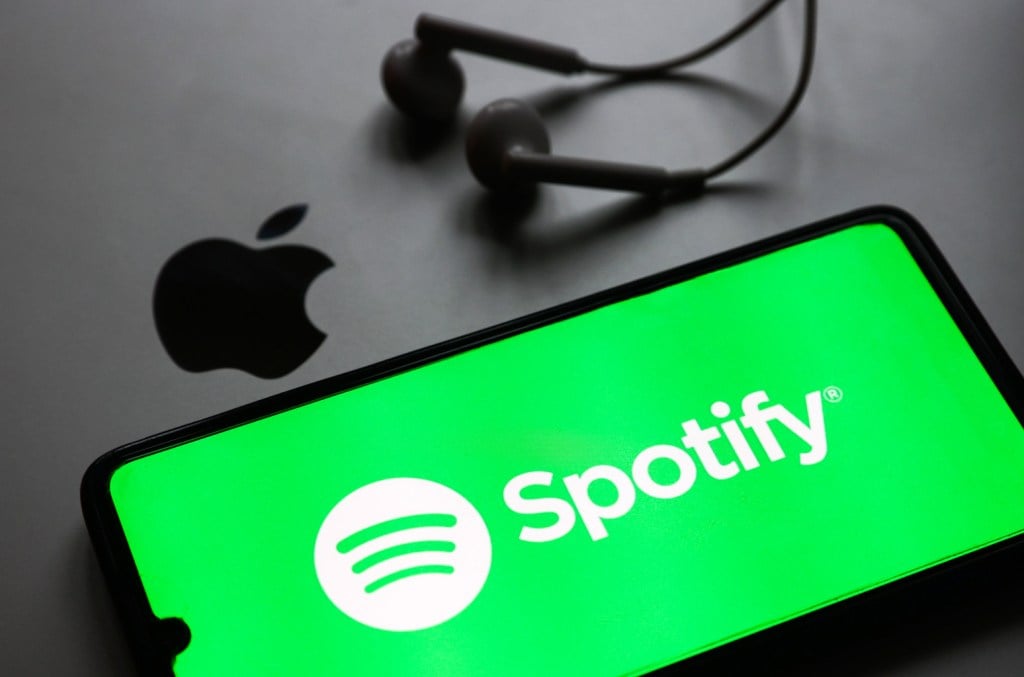When Bloomberg reported that Spotify would be upping the cost of its premium subscription from $9.99 to $10.99, and including 15 hours of audiobooks per month in the U.S., the change sounded like a win for songwriters and publishers. Higher subscription prices typically equate to a bump in U.S. mechanical royalties — but not this time.
By adding audiobooks into Spotify’s premium tier, the streaming service now claims it qualifies to pay a discounted “bundle” rate to songwriters for premium streams, given Spotify now has to pay licensing for both books and music from the same price tag — which will only be a dollar higher than when music was the only premium offering. Additionally, Spotify will reclassify its duo and family subscription plans as bundles as well.



I’d pay 40€ a month for an officially licensed private torrent tracker. If they gave discounts based on the amount seeded I doubt they would even need the stupidly expensive infrastructure.
I don’t even have the arr stack because it’s cheaper, just because it’s more convenient and no one can take it away from me
Maybe it’s because my schema for torrents is dichotomous with licensed uses, but I’m having trouble wrapping my head around this.
Is the distinction you’re making here between your proposed ‘licensed private tracker’ and something like a subscription-based catalogue (à la Audible) simply the way it’s distributed (in this case a centralized vs peer-to-peer)?
I like the idea of distributed media networks, but I really doubt any copyright owner would go for a distribution network that they don’t have any level of control over. The idea of an ‘officially licensed private torrent tracker’ seems incompatible with how that industry works.
I’d happily pay for an unlicensed private torrent tracker, though.
Totally agree, they’ll never go for that. I meant licensed as in that the media is being legally distributed. But they wouldn’t go for it as it would mean that customers might have an amount of ownership.
The distinction is that the private tracker is legal to run, as you’d be paying the licence holder for the ability to torrent using their private tracker.
I like the Audible idea of “you have X amount of GB a month that you can download, and you can pay more for more GB”. It gives the customer a reason to keep paying, and therefore allow the business to exist.
Licence is probably the wrong word as I’m not anywhere near an expert on this